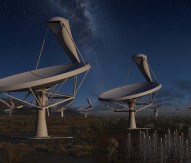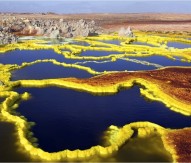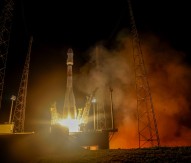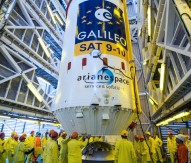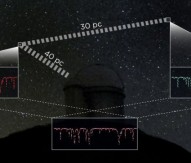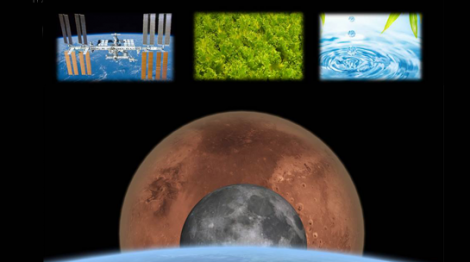
Profile: Space and sustainable food
The Horizon 2020 EU project TIME SCALE meets the crucial need for future space missions and sustainable food production on Earth.
The project will gain scientific knowledge on health and growth conditions for food plants (crops) in space as well as on Earth, impacting on innovations of life support systems in space and agriculture on our planet.
So far, humans have experienced short duration journeys to the Moon and can live on space stations located close to Earth’s surface. Regular supplies of basic needs such as oxygen, water and food are shipped to the station. For longer space journeys we need life support systems that can recycle oxygen, water and produce food. Basic research on plants has taken place on the space stations and is presently carried out on the International Space Station (ISS). The TIME SCALE project will secure the basis for a new generation of experiments on food plants (crops), algae bioreactors and mice.
The TIME SCALE project will bring closed regenerative life support systems (CRLSS) to the next level by further development of the European Modular Cultivation System (EMCS). The EMCS has been successfully operated on the ISS since 2006, with rotors allowing scientific research under gravity exposures of the Moon and Mars in addition to microgravity conditions. The EMCS design provides the possibility to replace the individual subsystems, including the entire rotor system.
The project TIME SCALE emphasises research, development and testing future technologies for human life support systems and which support long time journeys and exploration in space. The project is a part of the Horizon 2020 programme and will be conducted over three years (2015-18).
Besides new generations of sustainable food production systems on Earth, TIME SCALE will support the vision of longer duration journeys and stays in space, as well as on the Moon and Mars.
Key outline of the project
The acronym TIME SCALE refers to the title ‘Technology and Innovation for development of Modular Equipment in SCalable Advanced Life support systems for space Explorations’.
The project includes eight partner organisations:
- NTNU Social Research, CIRiS (Norway, project co-ordinator);
- Wageningen University (the Netherlands);
- Ghent University (Belgium);
- University of Stuttgart (Germany);
- DTM SRL (Italy);
- Interscience Belgium;
- Prototech (Norway); and
- CleanGrow (Ireland).
The TIME SCALE project’s main deliverability is to develop an advanced life support system breadboard and demonstrate the operational capability of the EMCS, located at the ISS (flight model) and CIRiS (ground model).
The EMCS rotor baseplate will provide generic interfaces to several compartments of a Closed Regenerative Life Support Systems (CRLSS), such as higher plants (crops), algae bioreactors and mice.
Scientific knowledge on whole higher plant (crop) physiology and fundamental processes under Moon and Mars gravity conditions is essential to ensure a safe and reliable food supply in future space exploration and integration of higher plants into a closed regenerative life support system.
As part of the project a crop EMCS will be developed and tested. The closed water and nutrient management research and development will include solutions for challenges, such as a lack of thermal convection and the need for optimised technology (e.g. ion-specific sensors to monitor nutrients available for plants). Remote sensing diagnosis of plant health will be implemented using sensors and imaging techniques and selected ion flow tube mass spectrometry (SIFT‐MS). Knowledge and technology on nutrient and water recycling and early warning for crop suboptimal growth conditions have significant terrestrial relevance for greenhouse systems.
The TIME SCALE project brings universities and SMEs together with the state-of-the-art knowledge and experience needed to develop regenerative life support systems for space applications, as well as for terrestrial benefits and applications. Closing the water and nutrient system in greenhouse horticulture is one of the prerequisites for development of a sustainable agriculture in Europe and is a key investment to increase profit through savings on fertiliser and water and increased process control and predictability in production. With the ever increasing pressure on available arable land and water resources, plant stress alleviation and avoidance will become of prime importance in agriculture.
The project will leverage on the advent of multi-sensor detection of volatiles and nutrient/water sensor technology to monitor and regulate emerging stresses in plant crops.
The project will also have strong synergies to other on-going and planned technology development projects where gas transport, gas monitoring and humidity control are important elements, e.g. regenerative fuel cells and methane recovery systems.
To maximise the outcome of the project, a science advisory board has been established.

Ann-Iren Kittang Jost, PhD
Research Manager
NTNU Dragvoll
N-7491 Trondheim
Norway
+47 73500172/ +47 928 80 298
